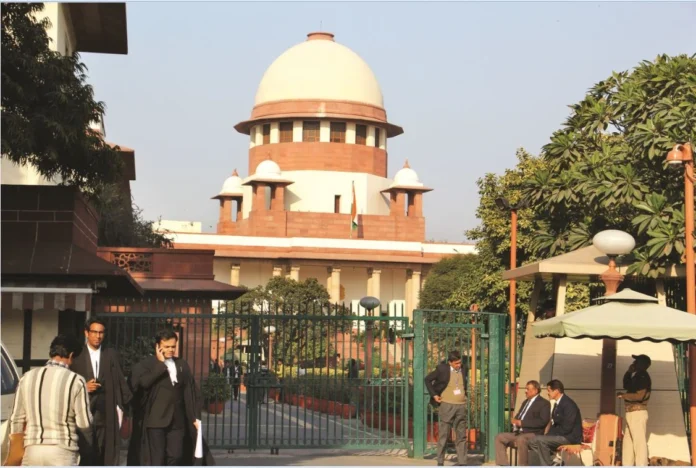The Supreme Court on Friday observed that family members of a person accused of domestic violence, who did not come to the rescue of the complainant and remained as mute spectators, could not be implicated in a criminal case unless a specific Act was attributed to them.
The Bench of Justice BV Nagarathna and Justice N Kotiswar Singh observed that in criminal cases related to domestic violence, the complaint and charges should be specific as far as possible against each accused family member.
The Apex Court noted that there may be situations where some of the family members of relatives may turn a blind eye to the violence of the victim and may not extend a helping hand. However, it did not mean that they were also the perpetrators of domestic violence unless circumstances clearly indicated their involvement and instigation.
Noting that genuine cases of domestic violence need to be handled with utmost sensitivity, the top court of the country said since the offence was usually committed within the four walls and not in the public domain, finding direct evidence may not be easy.
The Bench said it was important to find the authenticity of the claims whether such allegations were genuine and specific in criminal law attributable to such members of the family or whether they were merely a spill-over or side effect of emotions.
The top court of the country made the observations while hearing a petition related to a case under Section 498A & 506 of the Indian Penal Code and Sections 3 & 4 of the Dowry Prohibition Act, 1961. The Telangana High Court had earlier refused to quash the proceedings against the maternal aunt and cousin of the main accused.


